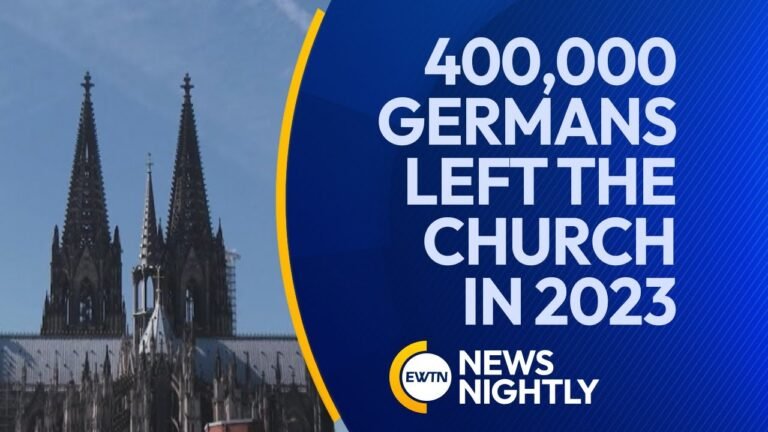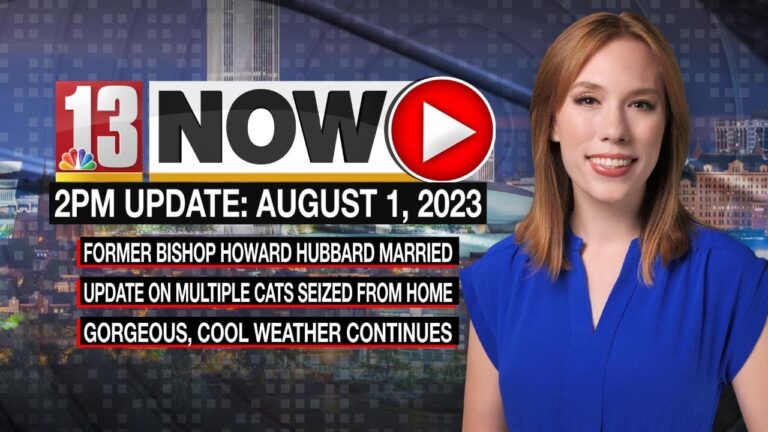The Influence of White Evangelicals in American Politics
The white evangelical community has long played a pivotal role in shaping the cultural and political landscape of the United States. With deep-rooted traditions and distinct values, this group has often found itself at the intersection of faith and activism, influencing everything from social policies to electoral outcomes. As the nation grapples with complex issues of identity, morality, and justice, understanding the motivations and perspectives of white evangelicals is essential for grasping the broader dynamics at play in contemporary society.
What influences white evangelical beliefs today?
White evangelical beliefs today are influenced by political alignment, social issues, media consumption, community values, and interpretations of Scripture.
Who are white evangelical Christians?
White evangelical Christians represent a distinct group within the broader Christian community, characterized by their self-identification as white, non-Hispanic Protestants. This demographic emphasizes a personal relationship with Jesus Christ, often marked by the belief in being “born-again,” which signifies a transformative spiritual experience. Their faith is typically rooted in a literal interpretation of the Bible and a commitment to sharing their beliefs with others.
This group plays a significant role in American religious and cultural landscapes, often influencing social and political movements. With a strong sense of community, white evangelical Christians frequently engage in church activities and outreach programs, seeking to promote their values and beliefs. Their unique perspectives and experiences contribute to a diverse tapestry of faith expressions within society, shaping conversations on morality, family, and social justice.
What distinguishes evangelicals from other Christians?
Evangelicals represent a distinct subset within the broader Christian community, characterized by their conservative theological stance and commitment to specific social values. This group places a strong emphasis on the authority of Scripture, often interpreting the Bible literally. Their beliefs typically advocate for a personal relationship with Jesus Christ, which is seen as essential to salvation, distinguishing them from more liberal Christian denominations that may adopt a broader interpretation of faith.
In addition to their theological differences, evangelicals often prioritize moral and ethical standards that align with their interpretation of Christian teachings. They advocate for personal responsibility and moral purity, reflecting their belief that individual choices significantly impact both personal and communal well-being. This focus on ethics is often intertwined with their views on family, where traditional structures and values are championed as vital to societal stability.
Additionally, evangelicals are known for their active engagement in social issues, often mobilizing around causes that resonate with their conservative beliefs. This activism can manifest in various forms, from community service to political advocacy, as they strive to influence culture and policy in alignment with their values. Such efforts reinforce their identity as a distinct group within Christianity, marked by a commitment to both faith and action in the world.
What are the beliefs of evangelicals?
Evangelicals hold a deep reverence for the Bible, viewing it as the authoritative word of God, and they center their faith on Jesus Christ as both Savior and Lord. The term “evangelical” is derived from the Greek word euangelion, which translates to “the good news” or “the gospel.” This foundational belief underscores their commitment to sharing the transformative message of salvation that Jesus offers to all who seek forgiveness and a relationship with God. Through this lens, evangelicals actively engage in spreading the hope and joy found in the gospel, emphasizing its relevance and power in today’s world.
Shaping Policies and Perceptions: The Power of Faith
Faith plays a pivotal role in shaping both policies and public perceptions, acting as a foundational element in the decision-making processes of communities and governments alike. When individuals and groups ground their values in faith, they often influence social norms and legislation, advocating for justice, compassion, and equality. This spiritual framework can mobilize collective action, urging leaders to consider moral implications in their policies, thereby creating a more inclusive society that resonates with the aspirations of its people.
Moreover, the power of faith extends beyond mere policy influence; it also transforms how communities perceive and interact with one another. By fostering a sense of shared purpose and belonging, faith can bridge divides and cultivate understanding across diverse backgrounds. As narratives rooted in faith gain traction, they challenge stereotypes and promote dialogue, ultimately reshaping the social fabric. In this way, the interplay between faith, policy, and perception not only drives change but also nurtures a more harmonious world.
Faith in Action: Evangelicals and Political Dynamics
In recent years, the intersection of faith and politics has become increasingly prominent, particularly within evangelical communities. Many evangelical groups have mobilized, viewing political engagement as a vital expression of their beliefs. This proactive approach stems from a desire to influence societal values and policies that align with their religious principles, demonstrating a commitment to their faith beyond the walls of the church.
The political dynamics among evangelicals are complex, shaped by a variety of factors, including cultural shifts and social justice movements. As they navigate issues such as immigration, healthcare, and climate change, evangelicals are redefining their roles in public discourse. This evolving landscape highlights a growing recognition that faith can inspire action not only in spiritual realms but also in addressing pressing societal challenges, leading to a broader conversation about morality and ethics in governance.
Moreover, the engagement of evangelicals in politics is not monolithic; it encompasses diverse perspectives and strategies. While some advocate for conservative policies, others are increasingly drawn to progressive causes, reflecting a shift in priorities among younger evangelicals. This diversity underscores the importance of dialogue within the community, as they seek to balance their spiritual convictions with the realities of a changing world, ultimately shaping the future of faith-based political activism.
From Pulpit to Policy: The Evangelical Impact
The influence of evangelical leaders extends far beyond the church, shaping policies that resonate through communities and governments alike. Their unique ability to mobilize followers around social issues, from education reform to healthcare, has transformed faith into a formidable force in public discourse. By combining scriptural teachings with practical advocacy, evangelicals have not only championed the moral dimensions of policy but also fostered a sense of civic responsibility among their congregations. This dynamic interplay between faith and politics underscores the profound impact evangelicals have on societal norms and legislative agendas, highlighting their role as pivotal players in the ongoing dialogue about morality and governance.
The Political Pulse of White Evangelicals
White evangelicals have long held a significant position in American politics, often acting as a powerful voting bloc that shapes the electoral landscape. Their values, rooted in a blend of religious beliefs and conservative principles, drive their political engagement and influence. Issues such as opposition to abortion, support for traditional marriage, and a strong emphasis on religious freedom resonate deeply within this community, motivating them to mobilize and advocate for candidates who align with their worldview. This alignment has forged a distinct identity within the larger political sphere, making white evangelicals a critical demographic for any party seeking to gain traction in elections.
As the political climate continues to evolve, so too do the perspectives and priorities of white evangelicals. Increasingly, they are navigating complex issues such as immigration, social justice, and environmental stewardship, which challenge traditional stances and invite deeper reflection on the role of faith in public life. This shift signals a potential redefinition of their political engagement, where young evangelicals, in particular, are advocating for a more inclusive and compassionate approach. The future of this influential group in American politics may hinge on their ability to reconcile long-standing beliefs with the pressing realities of a diverse and changing society.
Faith, Votes, and the Future of America
As America stands at a crossroads, the intertwining of faith and politics has never been more pronounced, shaping the nation’s trajectory in profound ways. Voters are increasingly driven by their beliefs, seeking candidates who resonate with their values and vision for the future. This dynamic not only influences electoral outcomes but also fosters a deeper dialogue about the role of morality and ethics in governance. As communities engage in thoughtful discussions about their hopes and concerns, the power of the collective voice emerges, underscoring the importance of civic engagement in crafting a brighter, more inclusive future for all Americans.
The evolving role of white evangelicals in contemporary society highlights a complex interplay of faith, politics, and culture. As they navigate shifting social landscapes, their influence remains significant, challenging traditional narratives and prompting deeper conversations about identity and community. Understanding this dynamic is crítico for anyone looking to engage meaningfully with the issues that shape our world today.







